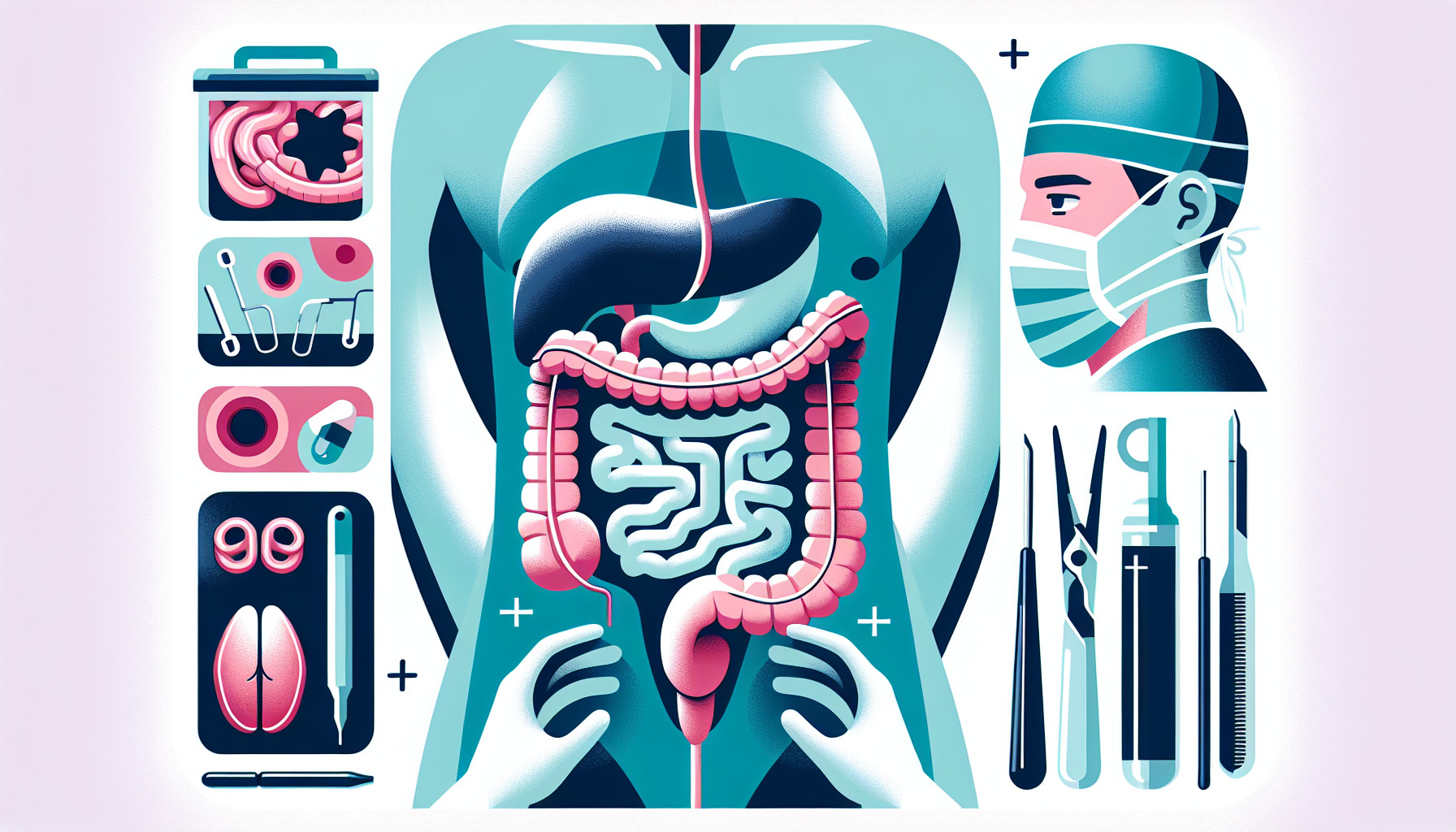Our Summary
This review is about recent developments in our understanding of the immune response involved in intestinal transplants and organ rejection. It highlights the critical role of gut bacteria in maintaining intestinal health and the importance of newly discovered immune cells in intestinal transplants. The review also points out that certain immune responses, which are involved in inflammatory bowel diseases, are also implicated in organ rejection. The study of the immune system in the gut is complex and continues to reveal new information with each research conducted. This makes treating patients who have had intestinal transplants quite complex. However, the findings can point towards new potential treatment targets and areas that require more research.
FAQs
- What is the role of gut bacteria in intestinal transplants?
- How are certain immune responses involved in both inflammatory bowel diseases and organ rejection?
- How might the recent findings in immune response research impact the treatment of patients who have had intestinal transplants?
Doctor’s Tip
One helpful tip a doctor might give to a patient who has had an intestinal transplant is to carefully follow the prescribed medication regimen to prevent organ rejection. It is also important to maintain a healthy diet, stay hydrated, and avoid potential sources of infection to support the overall health of the transplanted intestine. Regular follow-up appointments with healthcare providers are essential to monitor the success of the transplant and address any potential issues promptly. Additionally, it is important to communicate any changes in symptoms or concerns to your healthcare team to ensure the best possible outcomes for your intestinal transplant.
Suitable For
Patients who are typically recommended for intestinal transplants are those with end-stage intestinal failure due to conditions such as:
- Short bowel syndrome
- Chronic intestinal pseudo-obstruction
- Inflammatory bowel disease
- Intestinal ischemia
- Intestinal tumors
- Congenital intestinal disorders
These patients often have severe malnutrition, dehydration, and life-threatening complications that cannot be managed with traditional medical interventions. Intestinal transplant may be considered as a last resort option for these patients to improve their quality of life and overall survival.
Timeline
Before intestinal transplant:
- Patient undergoes extensive medical evaluation to determine if they are a suitable candidate for transplant
- Patient is placed on waiting list for a donor intestine
- Patient may need to undergo pre-transplant treatments to manage symptoms and improve overall health
After intestinal transplant:
- Patient undergoes surgery to transplant the donor intestine
- Patient is closely monitored in the hospital for signs of organ rejection and complications
- Patient requires lifelong immunosuppressive medication to prevent organ rejection
- Patient undergoes regular follow-up appointments and monitoring to ensure the success of the transplant
Overall, the process of intestinal transplant can be challenging and complex, but it offers hope for patients with severe intestinal diseases who have not responded to other treatments. Ongoing research in the field of immune response and organ rejection in intestinal transplants is crucial for improving outcomes and advancing the field of transplant medicine.
What to Ask Your Doctor
What are the potential risks and complications associated with an intestinal transplant?
How long is the recovery process after an intestinal transplant?
What medications will I need to take after the transplant and what are the potential side effects?
How will the transplant affect my diet and nutrition needs?
How often will I need to follow up with you after the transplant?
What signs or symptoms should I watch out for that may indicate organ rejection?
Are there any lifestyle changes I should make to improve the success of the transplant?
Are there any new research developments or treatment options that I should be aware of?
How will the transplant affect my immune system and overall health in the long term?
Are there any support groups or resources available for patients who have undergone an intestinal transplant?
Reference
Authors: Houlihan B, Cha P, Zasloff M, Fishbein TM, Kroemer A. Journal: Curr Opin Organ Transplant. 2017 Apr;22(2):155-159. doi: 10.1097/MOT.0000000000000395. PMID: 28212158
